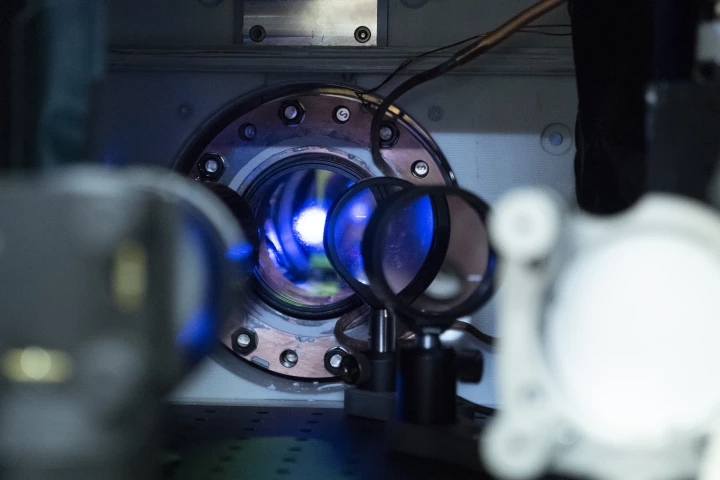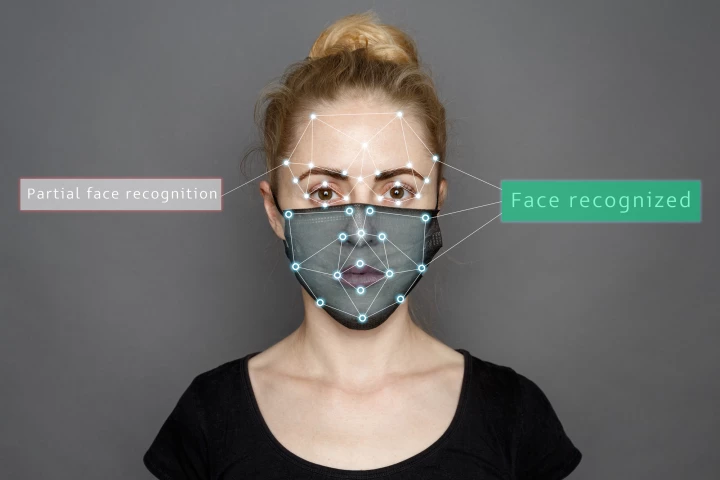NIST
-
The flow of time isn’t as consistent as we might think – gravity slows it down, so clocks on Earth tick slower than those in space. Now researchers have measured time passing at different speeds across just one millimeter, the smallest distance yet.
-
Dark matter should be all around us, but the stuff is frustratingly elusive. Now physicists at NIST have developed a new sensor that could help us detect certain hypothetical dark matter particles, using a two-dimensional quantum crystal.
-
Flashover is a very dangerous phenomenon, in which all of the exposed combustible materials in an enclosed area near-simultaneously ignite. Thanks to a new AI-based system, however, firefighters may soon receive warnings when flashover is imminent.
-
The problem of microplastics pollution is getting worse, so it's important to monitor the amount of such plastic waste currently present in the world's oceans. According to a new study, a simple sea creature may better allow scientists to do so.
-
Scientists have created a synthetic single-celled organism that can divide and grow like a regular living cell. This breakthrough could lead to designer cells that can produce useful chemicals on demand or treat disease from inside the body.
-
While bomb-sniffing dogs provide an invaluable service, training them using actual explosives can be risky for both the canines and their handlers. A new process could help, utilizing a harmless polymer that quickly absorbs the scent of explosives.
-
Some advanced electronic devices only function at extremely cold temperatures. Now engineers at NIST have developed a tiny cryogenic thermometer that uses a new mechanism to keep an eye on these sensitive instruments without taking up much room.
-
A new flow visualization study from the National Institute of Standards and Technology (NIST) starkly demonstrates why face masks with exhalation valves are not effective for slowing the spread of COVID-19.
-
Scientists have so far been unable to detect dark matter. But a new detector design, using an array of billions of tiny pendulums, could finally break the silence by searching for the effects of dark matter’s incredibly strong gravitational pull.
-
Although we may think of 3D-printed items as being hard, they're actually often made from soft gels, as is the case with bioprinted body parts. A new system now allows such objects to be printed at a much smaller scale than ever before.
-
A new study from NIST has tested how accurately commercial facial recognition algorithms can identify people wearing protective face masks, revealing some commercially used systems fail at authenticating masked faces up to 50 percent of the time.
-
In recent tests run by the National Institute of Standards and Technology (NIST), experimental atomic clocks have achieved record performance in three metrics, meaning these clocks could help measure the Earth’s gravity more precisely or detect elusive dark matter.
Load More











